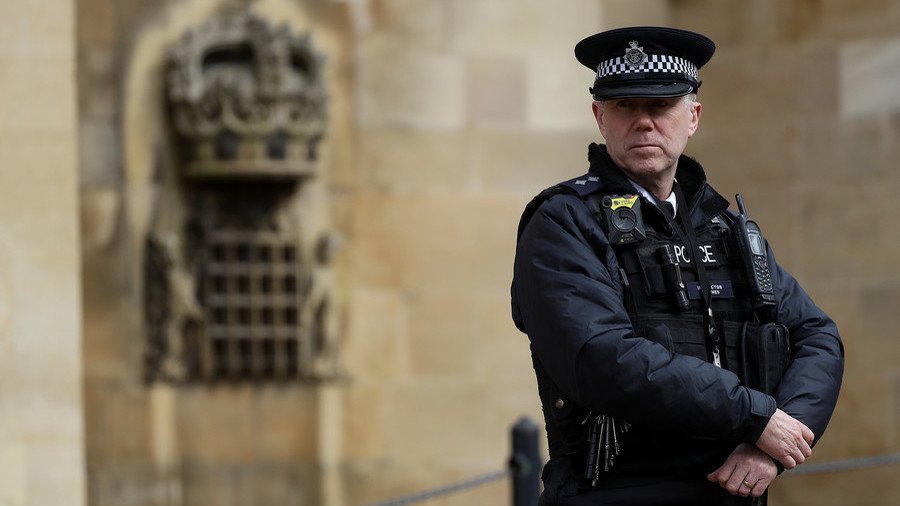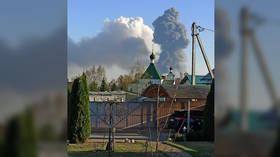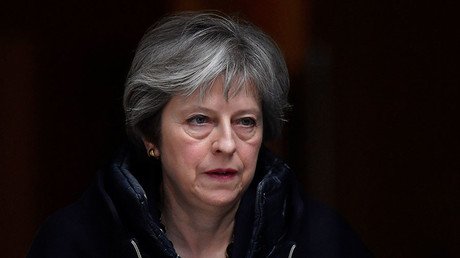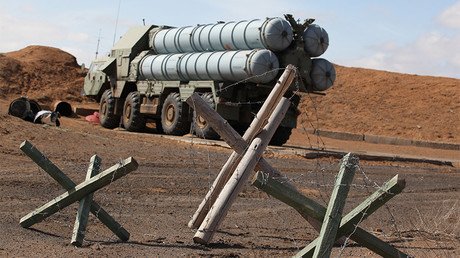UK seeks to extend MI5 & police powers and will target those ‘vulnerable to radicalization – report

UK police and domestic intelligence agency MI5 will get new powers to round up suspected terrorists before they strike, including targeting radicalization-prone communities, as terror threats grow, according to a media report.
The plan calls for a focus on “communities where the threat from terrorism and radicalization is highest,” according to documents obtained by the Sunday Times.
The police services and domestic intelligence agency MI5 will be focusing on individuals “who are vulnerable to radicalization or who are (or have been) of interest to the police and the security and intelligence agencies due to their possible links to terrorist activities, but who are not currently the subject of any active investigations,” the document outlines.
“By alerting a greater number of agencies to individuals of potential concern, we will improve our ability to assess the risk they pose,” the paper reports. It also states that the terrorist threat “is higher” than when the last counterterrorism strategy was published, in 2011, and calls for a “change of approach.”
While it warns that Islamic State (IS, formerly ISIS) “still represents the most significant” threat, with a “persistent threat from al-Qaeda”, it also underlines a “serious threat” of Northern Irish terrorist factions and a “growing threat” from far-right extremists.
Last year’s terrorist attacks in London and Manchester highlighted “ the pace at which plots can move to acts of violence,” the document warned, adding, “We will disrupt terrorist threats in the UK earlier, to take account of the scale of the threat and the speed at which plots are now developing.”
Some of the suspects involved in 2017 attacks at Westminster, London Bridge and Manchester, which saw 35 people killed, were known to the police and intelligence services, it emerged at the time. The revelation sparked an outcry among politicians and society, prompting UK security services to revise their counter-terrorism measures.
The paper also suggests that public places like airports, as well as sports and concert venues, should be better protected: “We will jointly, with industry, improve security at venues in the UK.”
The Home Office would not comment on the Sunday Times report, only saying that “The Home Secretary [Amber Rudd] has made clear her determination to leave no safe space for terrorists.”
















